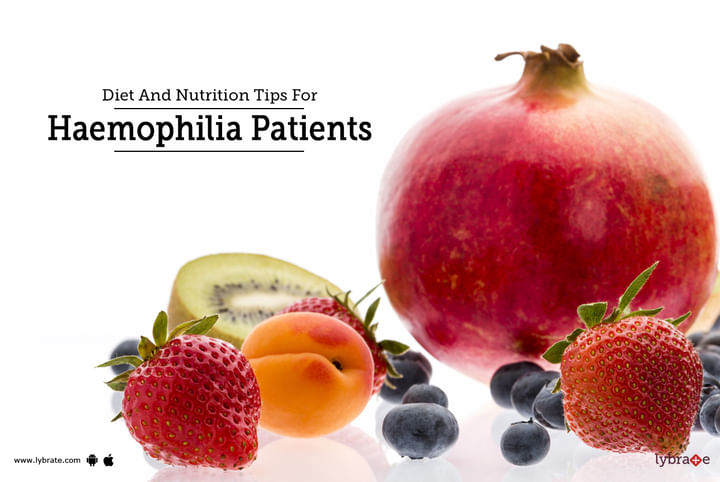Diet And Nutrition Tips For Haemophilia Patients
Due to extensive loss of blood and lack of clotting, Haemophilia Patients often feels a lack of blood in the body, which can lead to different forms of physical illnesses. To avoid that, doctors recommend the patient- adopt a diet with certain elements that can be beneficial for overall blood health. Here is the list of elements that are needed by the human body to produce healthy blood cells with better clotting -
-
Iron
-
Protein
-
Copper
-
Vitamin C
-
Vitamin B12
-
Vitamin B6
-
Folic acid
-
Fibre
The intake of such elements is advised via natural food resources or supplements. But most natural sources as an overdose of such nutrients can result in worsening the case. Here are some of the foods that can be added to your diet to manage the damage caused by Haemophilia.
-
Consume low sodium and low sugar
-
Add whole-grain intake come from oats, barley, whole wheat, bran, brown rice, or pasta
-
Switching to low-fat dairy products like skimmed milk and low-fat cheese
-
Incorporate dried beans, nuts and seeds instead of meats for a better source of protein
-
Choose olive or canola oils over unhealthy fats like butter, or shortening.
Not only food is a part of healthy nutrition, but there are other sets of rules that Haemophilia patients need to follow. These dietary rules help an individual to have a recommended intake of food that is good for them for maximum optimisation. Some of the guidelines include -
-
Have a healthy physical routine, avoid obesity
-
Choose low-fat cooking methods like boiling, baking, or grilling to preserve the nutrients
-
Do not consume heavy meals, keep the portion size small and meals more frequent
-
Chew properly and eat at a slow pace, it will keep you fuller
-
Avoid aspirin or non-steroidal anti-inflammatories that can increase the risk of blood thinning
-
Avoid certain foods like vitamin E, fish oil, ginkgo Biloba, bromelain, flaxseed, garlic, or ginger. They can increase your risk of bleeding
These tips may vary on the basis of type of Haemophilia the patient has been diagnosed, cause behind the development, age, nutritional requirements, any other medical condition, etc. we advise you to consult your doctor to have accurate suggestions on your dietary requirements if you are suffering from Haemophilia or any other related disease with same symptoms.



+1.svg)
